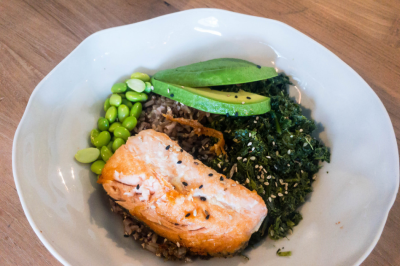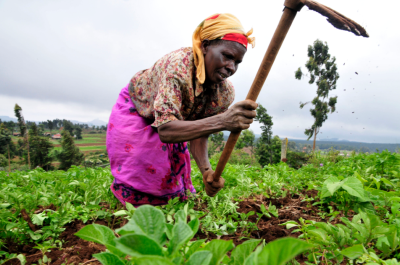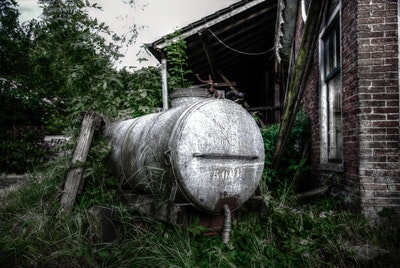Can The Food Industry Support Sustainability?

When your favorite dieting app suggests a simple breakfast consisting of avocado toast and freshly cut mango, you need to take a step back and ask yourself how sustainable your healthy grocery shopping actually is for the planet?
Indeed, the growing influence of global trade food in everyday diet might have led to environmentally unfriendly choices, that everybody is guilty of making without thinking it over.
With more and more food available to rich societies, it’s easy to see how exciting flavors might be casting a threatening shadow over the future of the planet.
From accumulating air miles to get exotic produce to your plate to using plastic packaging for protection, it seems that the food industry has very little understanding of sustainability.
What can be done to improve this essential industry sector and help protect the world with every bite you take?
Sustainability is a business strategy
Sustainability is not just a fancy trend, but it’s one of most important selling argument for Millennial customers. Indeed, your customers are happy to pay more for services or products that support sustainability.
In other words, making the world a greener place is not just a popular fashion of the month, it’s changing customer habits durably.
Consequently, it’s time that all businesses, including the food industry, put sustainability on their plan. Selling at the lowest possible price or preparing at the lowest cost should not be a priority anymore.
Customers are now more than happy to pay more for sustainability, assuming that your pricing system remains reasonable.
From using locally farmed ingredients in restaurants to switching to paper packaging, there is a lot that the food industry can do to reduce its carbon footprint.
Even controversial sectors can be sustainable

The food industry has several areas that are perceived as highly controversial in terms of the protection of the environment.
Let’s start with industrial farming productions that use chemical products and put the environment at risk. Unfortunately, it’s up to the customers to show care in their choices and pick organic fruits and vegetables instead.
Similarly, the fishing sector is constantly under the spotlight with raising concerns over the sustainability of the aquaculture. It’s important to establish viable aquaculture to reduce the risk of endangered fish species while providing customers with quality products.
Ultimately, aquaculture also needs to develop effective ways to work with fish, such as researching fish processing equipment at unifood.tech. Sustainability means ensuring the best ingredient for the customer while preserving the environment.
What are the main goals of food sustainability?
Overall, the food industry can tackle a variety of sustainable goals for the planet. Naturally, ensuring clean water and clean life underwater and on land are some of the most visible goals.
But the role of science in the sustainability of food is growing. The bio-informatics trend is trying to unlock natural and scientifically proven health solutions in the food industry, such as probiotic drinks for example.
The use of 3D and drone technology can also reduce food waste and hard labor during the production phase.
Can what you eat help save the planet? The answer is yes, as the right products can protect the health of the consumer and the planet.






